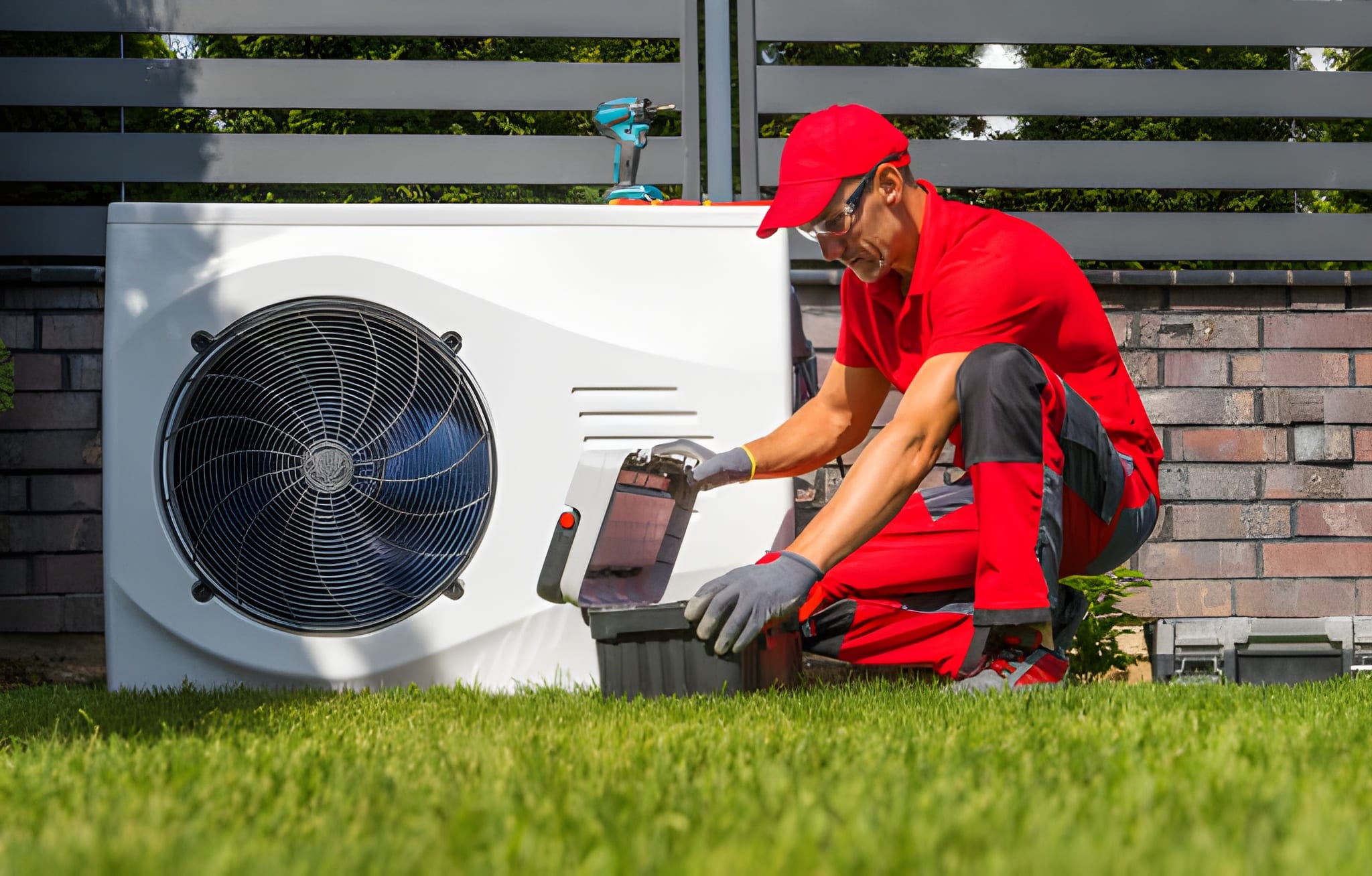HVAC Service in Seattle, WA
HVAC Service in Seattle, WA
Keeping your heating and cooling systems reliable and efficient is essential for Seattle homes, where damp winters, mild summers, and coastal conditions create unique demands on HVAC equipment. Professional HVAC service in Seattle, WA focuses on preventing moisture-related problems, maximizing efficiency for heat pumps and furnaces, and ensuring safe operation during cold snaps and storm-driven outages. Below is a clear overview of the services, typical problems, diagnostic approaches, service agreements, and deliverables you should expect at the decision stage when choosing an HVAC provider.
Why timely HVAC service matters in Seattle
- Seattle’s marine climate means higher humidity and frequent precipitation, which accelerates corrosion of outdoor units and increases the risk of mold and drainage blockages indoors.
- The region’s growing reliance on heat pumps and ductless systems makes proper refrigerant charge and airflow tuning critical for year-round comfort and efficiency.
- Older housing stock and rooftop units in multi-family buildings can hide deteriorating ductwork and insulation issues that drive energy waste and uneven heating.Prompt, expert service minimizes emergency breakdowns, preserves warranties, and keeps energy costs manageable in the Pacific Northwest climate.
Common HVAC issues in Seattle homes
- Corroded outdoor coils and electrical components from prolonged damp exposure
- Condensate clogs, mold growth, and poor drainage from high indoor humidity
- Refrigerant leaks and undercharged heat pumps leading to weak cooling/heating
- Ignition failures, cracked heat exchangers, or delayed furnace startup in older systems
- Restricted airflow due to dirty filters, collapsed duct insulation, or blocked vents
- Thermostat calibration problems causing short cycling or uneven temperatures
- Freeze-ups on heat pumps during rare cold snaps if the defrost cycle is impaired
Core HVAC service offerings
Repair
- Fast diagnostics for heating and cooling failures, including refrigerant leak detection, electrical troubleshooting, combustion safety checks, and component replacement.
- Repairs for all common equipment: furnaces, boilers, heat pumps, mini-splits, packaged units, and rooftop systems.
- Parts replacement and manufacturer-spec adjustments to restore performance and safety.
Maintenance
- Bi-annual tune-ups tailored to Seattle conditions: fall furnace/heat pump heating check and spring cooling/heat pump cooling optimization.
- Routine tasks: filter replacement checks, coil cleaning, condensate drain clearing, fan and belt inspection, lubrication, and thermostat verification.
- Seasonal optimization to reduce humidity-related issues and ensure efficient operation year-round.
Emergency response
- 24/7 emergency troubleshooting for no-heat or no-cool situations, safety concerns (gas odor, carbon monoxide alarm triggers), and storm-related failures.
- Prioritization protocols to stabilize systems quickly and provide safe temporary solutions until permanent repairs can be completed.
System assessments and certifications
- Comprehensive system evaluations that quantify equipment age, anticipated lifespan, efficiency, and repair vs replace recommendations.
- Safety inspections for combustion appliances (carbon monoxide risk, venting, and flue integrity) and documentation suitable for home sales, insurance needs, or warranty compliance.
Service agreements and maintenance plans
- Structured maintenance plans that schedule fall and spring visits, ensure documentation for warranty compliance, and provide predictable service intervals.
- Typical plan benefits include priority scheduling for emergencies, routine inspection checklists, and a record of performed maintenance to maintain equipment warranties.
- Plans are designed to reduce total cost of ownership by catching problems early and extending equipment life.
Diagnostic capabilities — what to expect
- Visual and functional inspections of indoor and outdoor units, ductwork, thermostats, and controls.
- Refrigerant pressure readings and leak detection using electronic detectors or UV tracing where appropriate.
- Electrical diagnostics with multimeters and clamp meters to identify faulty capacitors, motors, relays, or breakers.
- Combustion and carbon monoxide testing on gas-fired systems to ensure safe venting and combustion efficiency.
- Airflow testing and static pressure measurement to diagnose duct restrictions, fan performance, or filter issues.
- Thermal imaging to uncover hot spots, electrical faults, or insulation gaps contributing to energy loss.
Typical service deliverables and guarantees
- Written diagnostic report that explains root causes, recommended repairs, and options (repair vs replacement) with clear scopes of work.
- Transparent documentation of parts used, safety checks completed, and before/after performance notes (temperatures, pressures, airflow).
- Workmanship guarantee on labor and clarity on manufacturer parts warranties; expectations should be documented in writing.
- Cleanliness standards: protection of floors and work areas, and removal of debris related to the service.
- Follow-up recommendations for system upgrades, indoor air quality improvements, or energy-saving measures suited to Seattle homes.
What good service looks like on the day of visit
- A focused inspection addressing both immediate symptoms and underlying causes relevant to Seattle conditions (moisture control, corrosion, refrigerant levels).
- Clear explanation in plain language of findings and the benefits/risks of each repair option.
- Prioritized recommendations: safety items first, efficiency and longevity items second.
- Documentation that helps protect manufacturer warranties and assists future service technicians with a maintenance history.
Local considerations and efficiency tips for Seattle homeowners
- Heat pumps and mini-splits are commonly the best fit for Seattle’s mild climate; proper refrigerant charge and regular coil cleaning preserve efficiency.
- Keep outdoor unit fins clear of leaves and debris year-round to prevent moisture trapping and corrosion.
- Address humidity with proper ventilation and condensate maintenance to reduce mold risks in damp seasons.
- Duct sealing and attic insulation improvements reduce load on heating systems and improve comfort without major equipment changes.
Choosing professional HVAC service in Seattle, WA means getting technicians who understand local weather impacts, common equipment wear patterns, and the practical tradeoffs between repair and replacement. Expect thorough diagnostics, clear documentation, and maintenance plans built to protect your home, indoor air quality, and energy bills in the Pacific Northwest environment.

Customer Testimonials
Service Areas



